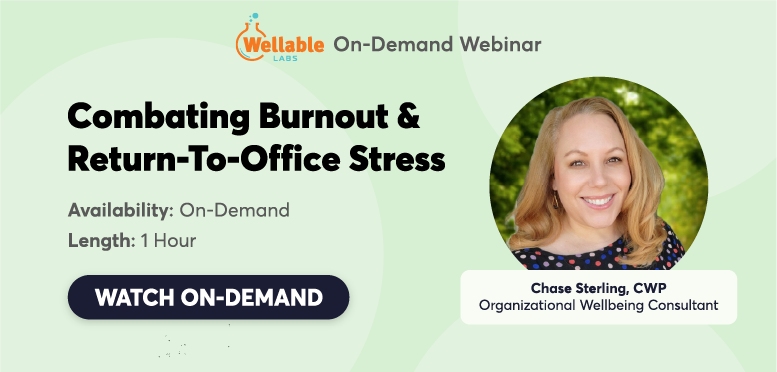Around 390 BCE, Plato’s Socrates (i.e., the character Socrates used by Plato to explore his philosophical positions) proclaimed immoral actions are always bad for one’s well-being and that the best life is the most just life.
SOCRATES: For the heart of the matter is that of recognizing or failing to recognize who is happy and who is not. To take first the immediate question our present discussion’s about: you believe that it’s possible for a man who behaves unjustly and who is unjust to be happy, since you believe Archaelaus to be both unjust and happy. Are we to understand that this is precisely your view?
POLUS: That’s right.
SOCRATES: And I say that that’s impossible.
Returning to the subject thousands of years later, scientists introduced the concept of “moral injury,” which occurs when an individual participates in an event that violates their moral values or feels betrayed by a trusted authority. Confirming the speculations of ancient philosophers, a recent systematic review found strong associations between moral distress and several adverse health outcomes, including depression, anxiety, sleep disturbances, and substance use disorders. Researchers have also found that moral injury is associated with a variety of negative organizational outcomes (e.g., decreased engagement and increased turnover).
Initially studied in war veterans, moral injury occurs in a wide range of populations and professions (e.g., health care workers, teachers, and journalists). In principle, employees in any industry where morality can conflict with organizational goals may experience moral distress, making it a potentially widespread problem that companies must prevent, identify, and treat.
Moral Injury And Burnout
According to Professor of Organizational Psychology, Ludmila Praslova, preliminary data suggests that “the experience of at least 25% of those reporting feeling burned out might be better explained by moral injury.”
Though both workplace ailments result from job stress in a general sense, they differ in subtle but significant ways. When it comes to their causes, the obvious difference is that while burnout is brought on by feeling overwhelmed by and disengaged with one’s work, moral injury stems from the sense that one has directly or indirectly been involved in a workplace activity that violates their moral beliefs. In terms of their consequences, Praslova succinctly highlights one of the key differences, stating, “moral injury predominantly impacts the sense of trust and/or self-respect, and burnout impacts one’s sense of engagement and efficacy.”
These differences suggest that moral injury cannot be effectively managed with the same tools used to mitigate the mental and physical symptoms of burnout. For example, mindfulness training, flexible work schedules, workload adjustments, and increased job autonomy are unlikely to help employees regain or prevent the loss of self-respect associated with moral distress. As a result, employers must be careful not to conflate the two conditions and to utilize different mitigation strategies for each.
Preventing And Treating Moral Injury
While research on successful strategies for mitigating moral injury is still in its early stages, a few common themes are beginning to emerge. Experts point to the following actions for preventing and treating moral injury.
- Allow employees to voice their concerns: By letting employees talk openly about their moral reservations, organizations can prevent moral injury by avoiding organizational actions that conflict with the ethical considerations of their workforce. Additionally, if a moral injury has already occurred, providing employees a space to express this can help them heal and restore their view of the company’s moral integrity.
- Admit fault and make amends: Should a moral injury occur, it’s crucial not to deflect responsibility or minimize the problem. Instead, recognize legitimate concerns and ask what can be done to make things better.
- Let employees participate in restorative processes: When employees feel they have been involved in actions that have harmed their community, it’s important to let them be participate in whatever restorative actions the company takes. As Praslova notes, this can “help these individuals to rebuild their sense of self-respect.”
- Provide psychological services: The feelings of shame and guilt that moral injury can provoke may be too much for an organization to address on its own. In some cases, employees may require the help of mental health professionals.













